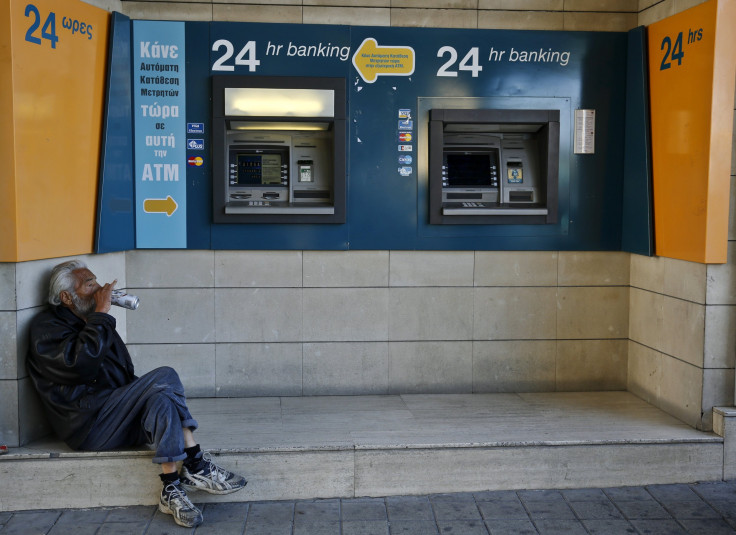Cyprus' Financial Sector Down But Not Out, Trade Commissioner Says

Many have sounded the death knell of Cyprus’ financial sector after its near collapse and subsequent bailout this month, but some say its foundations remain solid and it will remain a significant part of the island nation’s economy.
The Cypriot government over the weekend accepted a $13 billion bailout package from the “troika” of international creditors -- the European Central Bank, European Commission and International Monetary Fund -- along with a vastly unpopular tax on all bank deposits over $130,000.
It's estimated that roughly 40 percent of the money in Cyprus banks belonged to Russian depositors, accounting for as much as $32 billion of deposits. They're now expected to shift their capital elsewhere, dealing a painful blow to the banking sector.
“Whilst the measures that have been put in place to stabilize the banking sector may have created [concern] among foreign investors and depositors, there is no reason to make the assumption that it spells the end of Cyprus' financial services sector,” Aristos Constantine, the trade commissioner for the Republic of Cyprus who is based in New York, said in an email to the International Business Times.
“Cyprus’ fundamentals remain sound and given a period of adjustment there is no obstacle to impede its continued role as a favored financial services center,” he added.
Specifically, Constantine cited his country’s strategic geographic location between Europe, Africa and Asia, tax agreements with other countries, well-established business infrastructure and pro-business environment, rule of law, and educated workforce as the key elements that will allow the financial sector to eventually recover.
Meanwhile, the intervention of the troika has sent a clear message to foreign businesses and investors that it will regulate the size of the Cypriot banking system, which held more than $90 billion in deposits. That's nearly four times the country’s GDP, which stood at $24.7 billion as of 2011, according to the World Bank.
“We had to find a solution together for a business model that was not viable and could not offer lasting prosperity to the people of Cyprus,” José Manuel Durão Barroso, the European Commission president, said in a statement.
Constantine emphasized that the key factor in the instability of the Cypriot banking system was its heavy investment in Greek debt, and not its environment of minimal financial regulations.
“Cyprus does not find itself in this predicament due to corruption or irresponsible economic [or] fiscal policies," he said, "rather Cyprus banks have been crippled by losses on Greek debt, and it simply can't afford to bail them out on its own.”
Constantine also rejected allegations the Cypriot banks were being used to launder money for Russian criminal organizations.
“There has been a great deal of rhetoric aimed at justifying the somewhat harsh and unprecedented terms of the bailout of Cypriot banks, citing accusations of tax evasion and the concern that any part of an aid deal would benefit ‘Russian money launderers,'" Constantine said.
He said such claims were proven “unfounded” by Cyprus's record of compliance with the Financial Action Task Force, an intern-governmental body that evaluates financial practices of member states to determine any illegal activities such as money laundering, funding of terrorist organizations or any other threats to global economic stability.
© Copyright IBTimes 2025. All rights reserved.





















